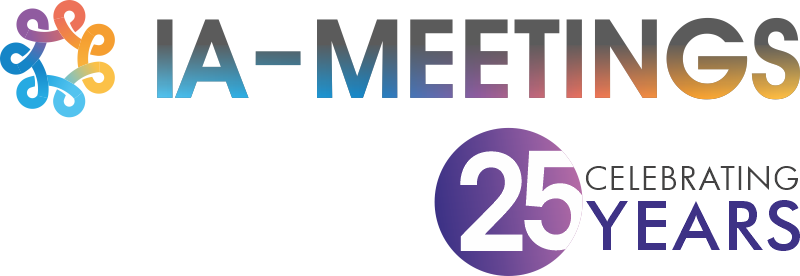Given the many details and logistical challenges involved, organising a conference can be incredibly overwhelming. The process encompasses a wide range of tasks, from securing an appropriate venue that meets the event’s specific requirements to managing attendee registrations, coordinating with various vendors for services such as catering and audiovisual equipment, and ensuring all elements are flawlessly integrated. This immense workload can easily become daunting, especially for those without extensive experience in event planning. This is where the expertise of professional conference organizers becomes invaluable. These specialists transform potential chaos into a seamless, stress-free experience by meticulously handling every aspect of the event. They take charge of comprehensive planning and coordination, streamlining registration processes, managing budgets with precision, providing on-site management to swiftly address any issues that arise, and conducting thorough post-event analysis to gather feedback and measure success. By leveraging their skills and experience, professional conference organizers significantly alleviate the time and stress involved in conference planning, ensuring a smooth and successful event.
1. Expert Planning and Coordination
Conference organizers excel at planning and managing every detail of your event. They handle:
- Venue Selection: Identifying and booking a venue that perfectly matches your event’s size, budget, and ambience.
- Scheduling: Developing a precise schedule to ensure that all sessions and breaks are perfectly timed.
- Vendor Management: Coordinating with vendors to provide catering, audiovisual equipment, transportation, and other essential services.
Handling these tasks frees you up to focus on your main goals.
2. Efficient Registration and Attendee Management
Registration can be time-consuming, but organizers use advanced systems to streamline the process:
– Online Registration: Attendees can easily sign up using user-friendly platforms.
– Automated Communication: Automatic confirmations, reminders, and updates are sent out.
– Attendee Tracking: Efficient management of attendee data and preferences.
These measures not only save time but also enhance the attendee experience, ensuring smooth entry to the event.
3. Cost Management and Budget Control
Staying within budget is incredibly important when organizing an event. Organizers play a crucial role in maximizing the value of every dollar by employing the following strategies:
– Negotiation: Leveraging their connections and expertise to secure the most favourable rates from venues and vendors.
– Resource Allocation: Ensuring that the most critical aspects of the conference receive adequate funding without going over budget.
– Financial Tracking: Maintaining meticulous records of all financial transactions and expenses, and providing clear and transparent reports.
Implementing these measures effectively prevents budget overruns and minimizes financial strain, ultimately contributing to the success of the event.
4. On-Site Management and Troubleshooting
Even the most well-organized events can encounter unexpected challenges. That’s why the dedicated on-site management team is here to ensure everything runs smoothly:
– Logistical Coordination: The team oversees the setup and breakdown of the event to guarantee flawless execution.
– Real-Time Problem Solving: They are quick to address any issues that may arise, whether it’s technical difficulties or last-minute schedule changes.
– Attendee Assistance: The team is committed to providing support to attendees, offering guidance and assistance to enhance their overall experience.
With the dedicated on-site team, you can relax and enjoy the event without worrying about the operational details.
5. Post-Event Analysis and Feedback
The conclusion of the conference holds equal significance as the main event. Organizers manage post-event responsibilities to offer valuable insights:
Collecting Data: This involves gathering feedback from attendees, speakers, and sponsors to gain valuable insights.
Analyzing Performance: This includes evaluating important metrics such as attendance, engagement, and financial performance to gauge the success of the event.
Generating Reports: Creating comprehensive reports that showcase achievements and areas where improvements can be made.
This analysis is essential for gaining a deeper understanding of the impact of your conference and for making more informed decisions when planning future events.
Conclusion
Hiring professional conference organizers is a strategic decision that brings valuable expertise to the table. These professionals excel in meticulous event planning, efficient registration processes, comprehensive budget management, seamless on-site coordination, and thorough post-event analysis. Their involvement significantly alleviates the time and stress typically associated with organizing a conference, allowing you to concentrate on curating impactful content and fostering valuable networking opportunities. By relying on these experts to handle the intricate logistics, you can ensure that your event is not only memorable but also highly successful.
